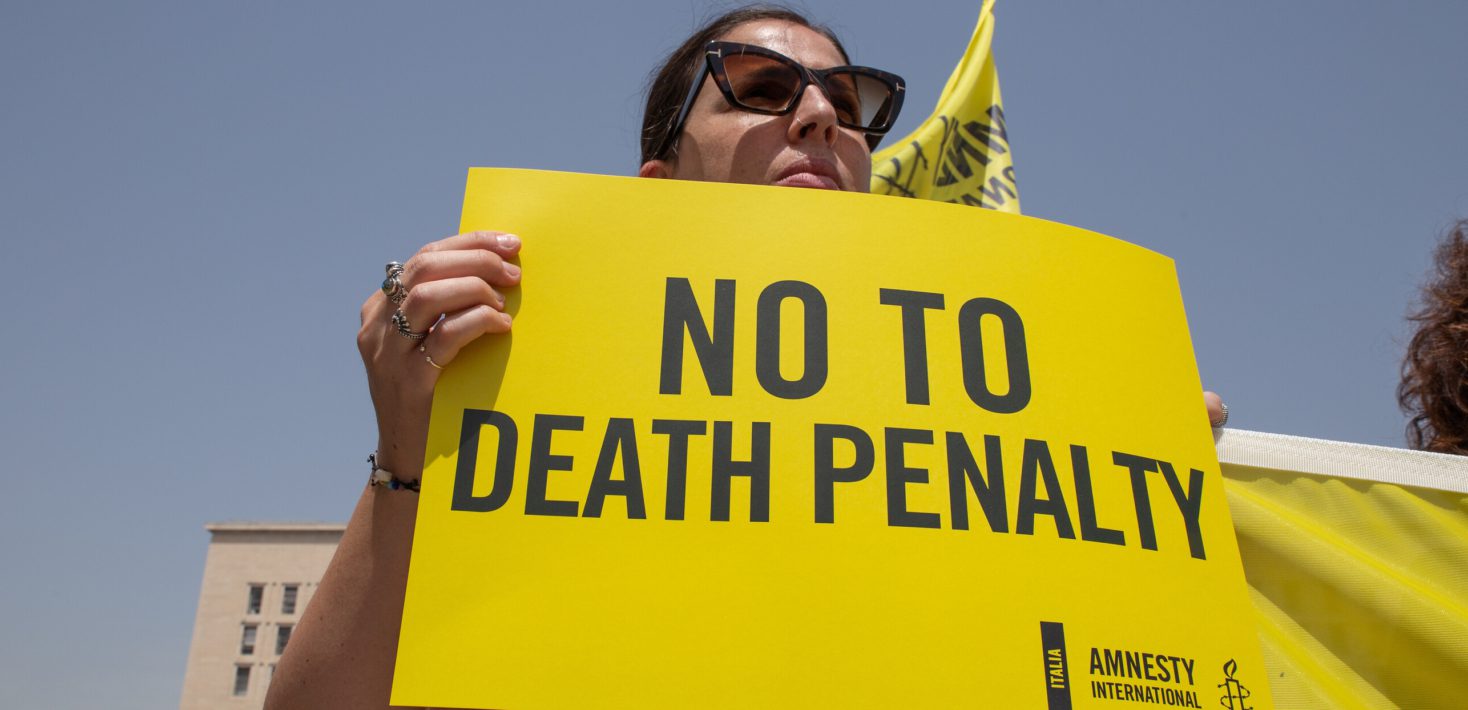INTERNATIONAL

AMNESTY INTERNATIONAL URGES NIGERIA TO ABOLISH DEATH PENALTY, CITES RISING INSECURITY DESPITE TOUGH LAWS
Amnesty International has called on the Federal and State Governments of Nigeria to abolish the death penalty, describing it as a violation of fundamental human rights and an ineffective deterrent against crime.
The appeal was made by Mrs. Barbara Magaji, the organisation’s Programmes Manager, during a stakeholders’ dialogue held in Abuja to mark the World Day Against the Death Penalty. The event was organised in partnership with the French Embassy in Nigeria.
Magaji urged authorities to remove all death penalty provisions from national and state laws, saying they contravene international human rights standards.
“There is no convincing evidence that the death penalty has a unique deterrent effect on crimes,” she stated.
She noted that while 26 states and the Federal Capital Territory (FCT) have introduced or amended laws to include capital punishment for crimes such as kidnapping, banditry, cattle rustling, and cultism, insecurity in the country continues to worsen.
According to Amnesty International’s 2024–2025 research, the introduction of the death penalty has not reduced violence.
“In 2024, Nigeria recorded over 3,169 deaths from 181 incidents of insecurity, including banditry, terrorism, and herdsmen-farmer conflicts.
In 2025, 2,313 people were killed and 1,025 kidnapped in 204 recorded insecurity incidents,” Magaji revealed.
She stressed that the root causes of insecurity — such as poverty, corruption, weak governance, and lack of effective policing — must be addressed through a comprehensive crime prevention approach, not through executions.
Amnesty International reiterated its opposition to the death penalty in all cases, arguing that it violates the right to life as guaranteed by the Universal Declaration of Human Rights and the African Charter on Human and Peoples’ Rights.
“Even when trials appear fair, the risk of executing innocent people can never be eliminated,” Magaji said, warning that wrongful convictions could lead to irreversible tragedies.
While acknowledging the pain of victims and families of violent crimes, she maintained that justice should be pursued without resorting to state-sanctioned killings.
Magaji called on the National Assembly to use the ongoing constitutional amendment process to formally abolish the death penalty in Nigeria and replace it with long-term imprisonment or restorative justice measures.
She noted that 143 countries worldwide have already abolished the death penalty in law or practice, describing this as a growing global trend that Nigeria should embrace.
“The death penalty does not bring justice — it only perpetuates violence. Governments must focus on prevention, fair trials, and rehabilitation,” she concluded.
"This represents a significant development in our ongoing coverage of current events."— Editorial Board









